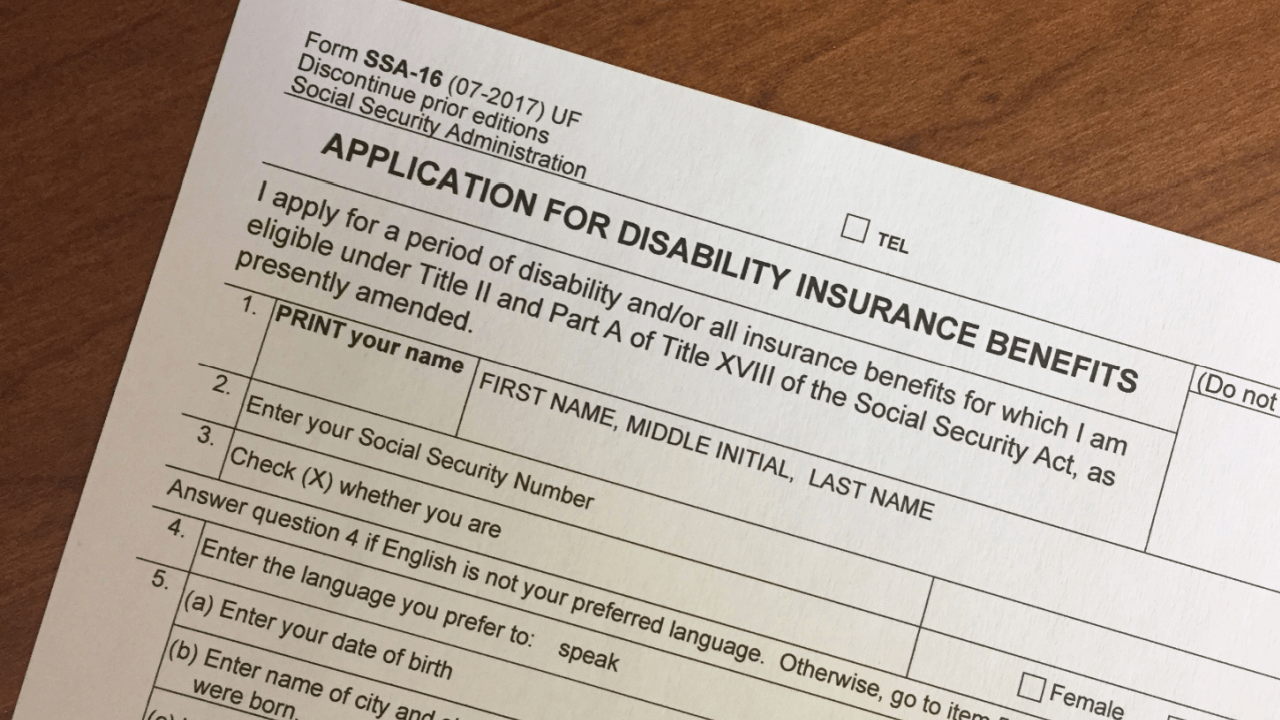
Can You Work While on SSDI? Expert Legal Guide 2025
Simple Answer: Can You Work While on SSDI?
Yes, you can work while on SSDI under specific circumstances and income limits. The Social Security Administration offers work incentives and trial periods that allow SSDI recipients to test their ability to work without immediately losing benefits.
Can you work while on SSDI without losing your benefits? The answer depends on how much you earn and for how long. Understanding these rules helps you make informed decisions about returning to work while protecting your disability benefits.
Work Incentives: Understanding SSDI Employment Rules
The Social Security Administration encourages SSDI recipients to attempt work through several programs designed to protect your benefits during the transition. These work incentives recognize that disability doesn’t always mean permanent inability to work.
Can you work while on SSDI during a trial work period? Yes, for nine months within a five-year period, you can earn any amount without affecting your SSDI benefits. This trial work period allows you to test your work capacity without financial risk.
The substantial gainful activity (SGA) threshold determines when earnings become significant enough to affect benefits. In 2025, SGA is $1,550 per month for non-blind individuals and $2,590 for blind individuals. Earning above these amounts may trigger benefit reviews.
Trial Work Period Benefits
During your trial work period, you receive full SSDI benefits regardless of earnings. The Social Security Administration counts any month where you earn over $1,110 (in 2025) as a trial work month.
You maintain Medicare coverage throughout the trial work period and extended period of eligibility. This health insurance protection provides security while you test your work capacity.
Income Limits: How Much Can You Earn on SSDI?
Can you work while on SSDI and earn unlimited income? No, but the limits are more flexible than many people realize. The key is understanding different phases of the return-to-work process.
During the trial work period, no income limit applies. After completing nine trial work months, you enter a 36-month extended period of eligibility where SGA limits determine benefit continuation.
If you earn below the SGA threshold during the extended period, you receive full SSDI benefits. Earning above SGA results in benefit suspension, not termination, for that month.
Extended Period Protections
The extended period of eligibility provides a safety net for fluctuating work capacity. If your earnings drop below SGA due to your disability, benefits automatically resume without reapplication.
Can you work while on SSDI if your condition worsens? Yes, the expedited reinstatement process allows benefit restoration within five years of termination if your disability prevents substantial work.
Medical Reviews: Continuing Disability Evaluations
Working while receiving SSDI may trigger continuing disability reviews (CDRs). The Social Security Administration evaluates whether your medical condition has improved enough to allow sustained work activity.
Successful work attempts don’t automatically end benefits. The SSA considers medical improvement, work accommodations, and whether your earnings truly reflect ability to perform substantial gainful activity.
Can you work while on SSDI without medical reviews? No, but these reviews protect both recipients and the system by ensuring benefits go to those who need them most.
Documentation Requirements
Maintain detailed records of work accommodations, modified duties, and any assistance you receive. This documentation supports your case if questions arise about your work capacity during reviews.
Report earnings promptly to avoid overpayments and complications. The Social Security Administration requires monthly earnings reports during trial work periods and extended eligibility phases.
Employment Support: Resources for SSDI Recipients
Ticket to Work programs provide vocational rehabilitation services at no cost to SSDI recipients. These services include job training, placement assistance, and ongoing support for successful employment.
Can you work while on SSDI with professional support? Yes, and these programs often improve your chances of successful work attempts while protecting your benefits throughout the process.
State vocational rehabilitation agencies offer additional resources, including assistive technology, workplace accommodations, and specialized training programs for people with disabilities.
Get Expert Guidance: Maximize Your Work Opportunities Today
Don’t navigate SSDI work rules alone. Visit social security disability for expert guidance on returning to work while protecting your benefits. Our experienced attorneys understand work incentives and can help you make informed decisions about employment opportunities.
Frequently Asked Questions
1. Can you work while on SSDI without reporting earnings?
No, you must report all earnings to the Social Security Administration. Failure to report income can result in overpayments, penalties, and potential fraud charges.
2. How long can you work while receiving SSDI benefits?
You can work indefinitely if you stay below substantial gainful activity limits. The trial work period lasts nine months, followed by a 36-month extended period of eligibility.
3. Can you work while on SSDI if you're self-employed?
Yes, but self-employment income calculations differ from wages. The SSA considers both earnings and work activity when evaluating substantial gainful activity for self-employed individuals.
4. Will working while on SSDI affect Medicare coverage?
Medicare continues for at least 93 months after your trial work period ends. This extended coverage helps bridge the transition to employer-provided insurance or other coverage.
5. Can you work while on SSDI part-time without losing benefits?
Yes, part-time work often falls below substantial gainful activity limits. The key is staying under monthly SGA thresholds while maintaining your disability status.
Key Takeaways
- You can work while on SSDI through trial work periods and extended eligibility phases
- Substantial gainful activity limits determine when earnings affect benefits in 2025
- Trial work periods allow unlimited earnings for nine months without benefit loss
- Medicare coverage continues for years after returning to work, providing health security
- Professional support through Ticket to Work programs improves employment success rates


